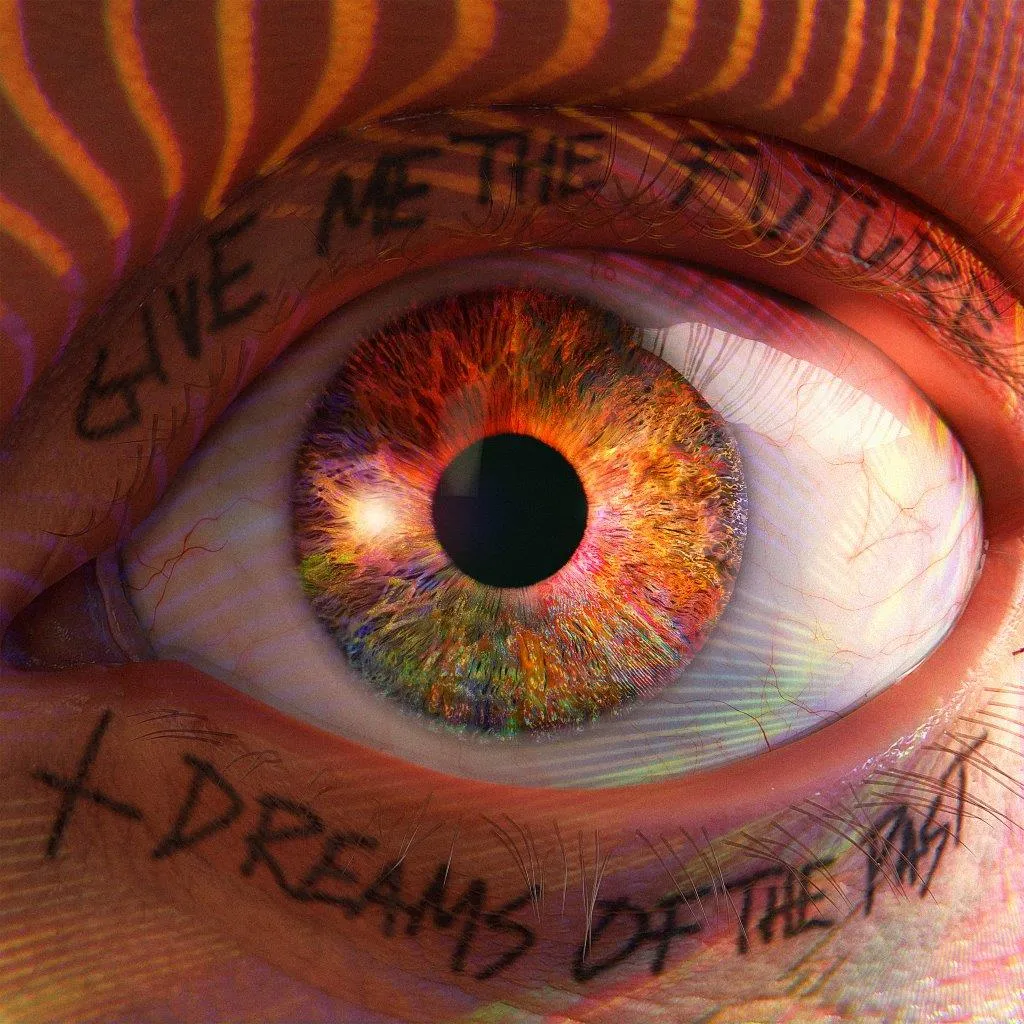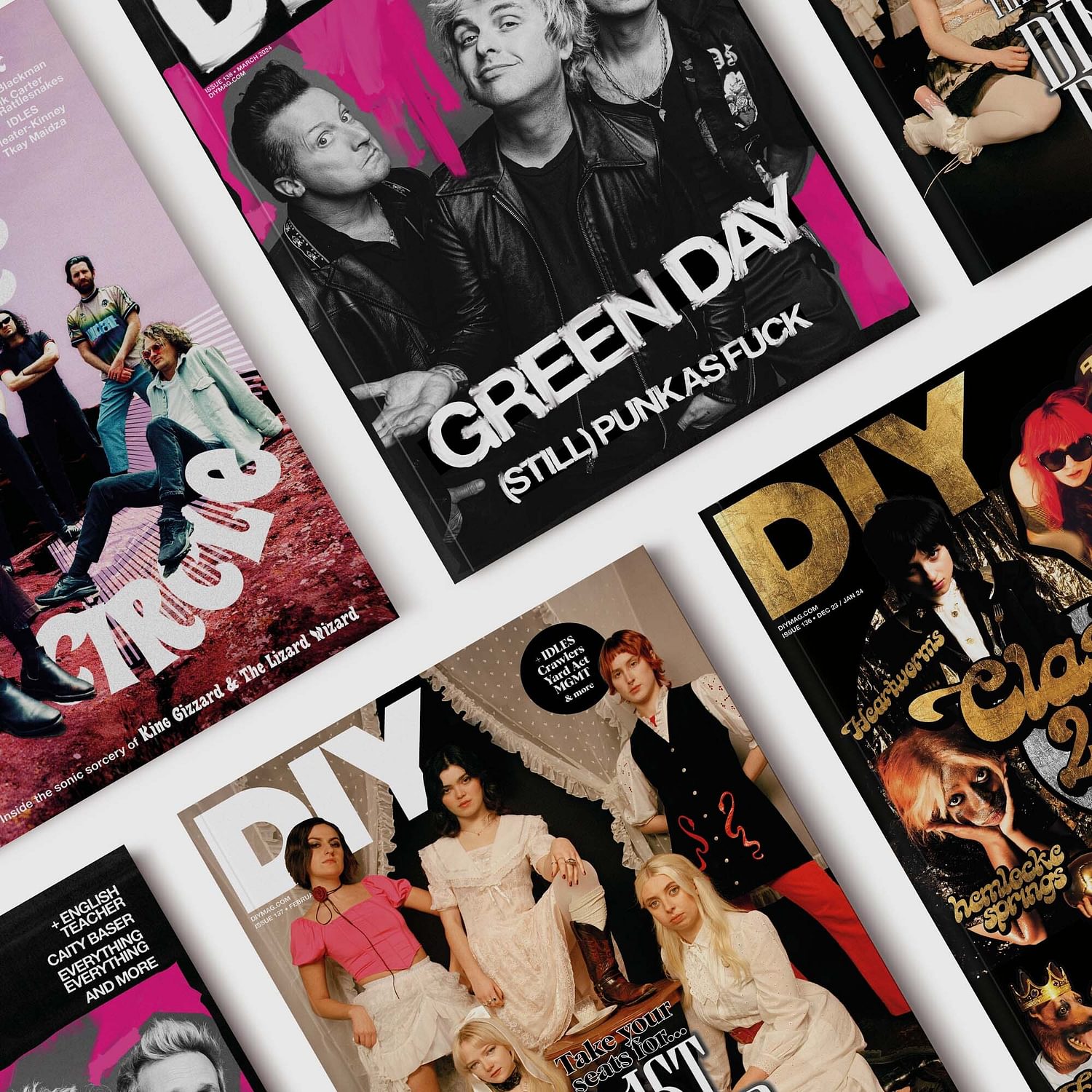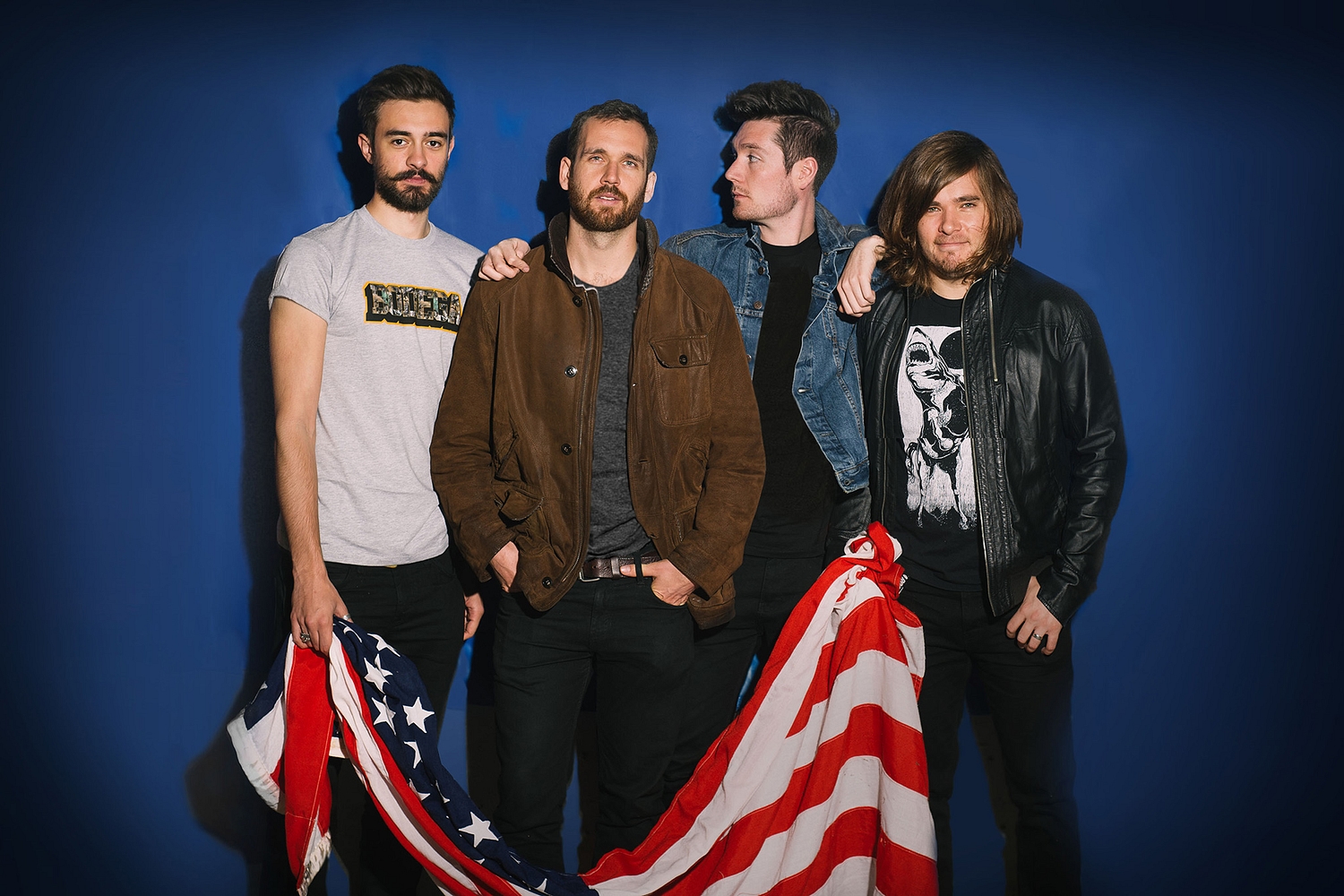
Cover Feature Bastille: How to break America
We join Bastille in Boston on their biggest North American tour yet to find out how to make it to the top Stateside.
“America started really badly. Our first ever show was at Popscene in San Francisco, loads of UK bands do their first shows there. The night before we’d played Benicàssim [in Spain] and I’d lost my voice completely. For the last four songs I had to hold the mic out to the crowd and hope they knew the words, luckily they did. We got to San Francisco, I had no voice - I couldn’t talk, couldn’t sing… our label were there, first time we met the team - everyone expecting everything. This quack doctor came along with a Starbucks bag full of drugs. He gave me a steroid injection in my bum, my left bum cheek. I was like, ‘Dude it’s my throat!’ My whole leg went into spasm, so not only couldn’t I sing, I couldn’t walk. I just saw my manager’s face drop from the side of the stage, it was like - welcome to America guys…”
Dan Smith’s first experience sounds straight out of a perverse black comedy, but from an unsteady start there’s no doubt - Bastille have broken America. They’re not the only ones, either. It’s been a great few years for UK acts stateside. From Adele’s universal domination to Sam Smith’s Billboard-topping antics, Arctic Monkeys converting their domestic form to the world stage and Disclosure becoming the poster boys for electronic music there as well as here - the British aren’t just coming, they’ve set up shop.
Established home grown acts like Calvin Harris are the de facto touch points for EDM, idiosyncratic oddballs Alt-J have found their fair share of love, Charli XCX is playing it fancy and ruling the airwaves while Royal Blood smash them into tiny pieces, hanging out with rock’s ruling elders. And that’s without One Direction, Coldplay or Radiohead - all able to legitimately make claims in one way or another as The Biggest Band In The World. It makes it sound so easy. Spoiler alert: it really isn’t - but maybe it’s getting easier than it once was.
So the story had it: the biggest bands in the UK could roll up in America, used to huge tour buses, sold out enorm-o-domes and endless magazines covers, only to find they’re right back where they started. Relative nobodies forced to start from scratch, but this time in a country so massive it makes old Blighty look positively minuscule in comparison. It’s no wonder the poor blighters would find themselves slinking back home to their creature comforts with their tails firmly between their legs.
Some of our most revered acts have failed to make the same impact Stateside; not exactly unheard of, but not the larger than life superstars they are back home. At the height of their powers, the US wasn’t that interested in the fundamentally British Blur, sending them back home with battle wounds to lick clean. Later they’d make amends, even inviting them to headline Coachella in 2013, but to a certain audience they’ll always be ‘the band with the woo-hoo song’. For every Spice Girls, there’s a Girls Aloud, Busted or Take That - a chart dominating pop sensation who remained chained firmly to the UK.
There’s one thing that can’t be denied, though. The world is getting smaller. Not physically smaller of course, but technology has made communication instant. A band can release a song in one place, and find it’s blown up worldwide. Especially if it’s the kind of immediate, anthemic super hit that sticks in the brain for months. Y’know, like ‘Pompeii’.
“As we were doing stuff in the UK, things were trickling through over the internet,” Bastille’s Kyle Simmons explains. “When we came here we expected to be driving across America in a tiny little van, but we seemed to have skipped a level, which we really felt weird about. In the UK we were used to playing pubs to no one, when we came to the States, we felt we’d established the big first step via the net.”
“The album came out loads later in America,” Dan recalls, “but obviously if it’s online anyone can have it. When we first started in the UK it went from a ‘borrowing a friend’s mum’s car to tour’ level, through to releasing songs on Hype Machine. Because we’d built up such a strong fan base ourselves in the UK, we came to the USA as a band with a Number One album.”
To suggest that every band - even those who make an impact in America - needs to have a ‘Pompeii’ would be somewhat demanding. This is a monster hit which peaked at Number Five in the Billboard Hot 100, and even at the time of writing, more than a year after its first appearance sits just outside the Top 40. It’s a triple platinum track, with sales of almost four million and a video with more than 100 million views on YouTube. The logic holds whatever, though. We live in an international world. The internet doesn’t have boundaries - and those it has are easily circumnavigated with a bit of technological jiggery pokery. If a song is out there, it’s out there, and with word of mouth through social networks, an act can almost be huge everywhere just as much as it can anywhere. Trying to put the internet into territorial boxes simply doesn’t work.
So a great song and the right buzz online can open doors that previously would remain locked. As a country, we’ve always punched above our size. From The Beatles and The Rolling Stones through to today’s heroes, for such a small country our musical output, pound for pound, is a match for that of any other. If great music is the leveller, that’s where UK acts find themselves holding all the keys.
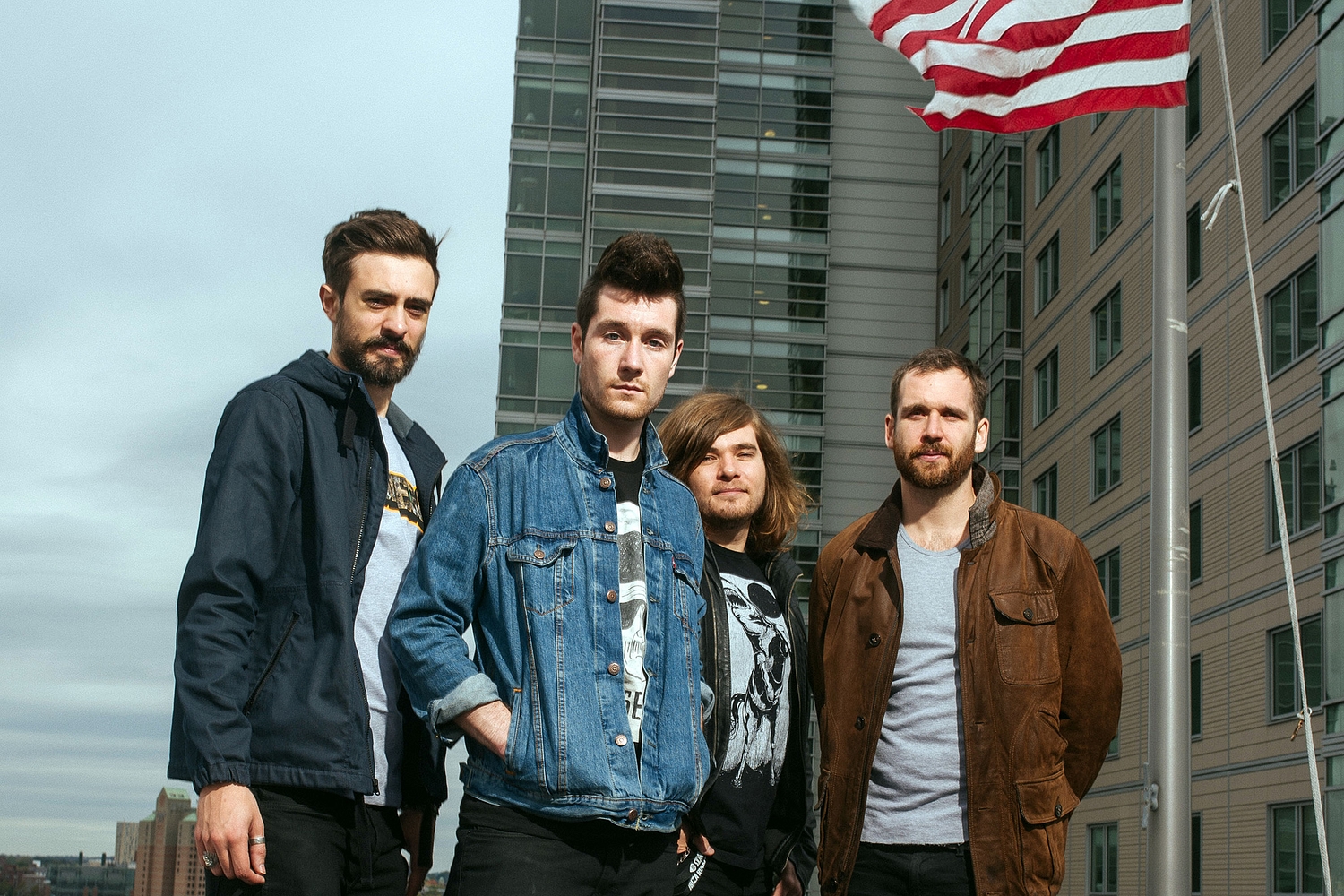
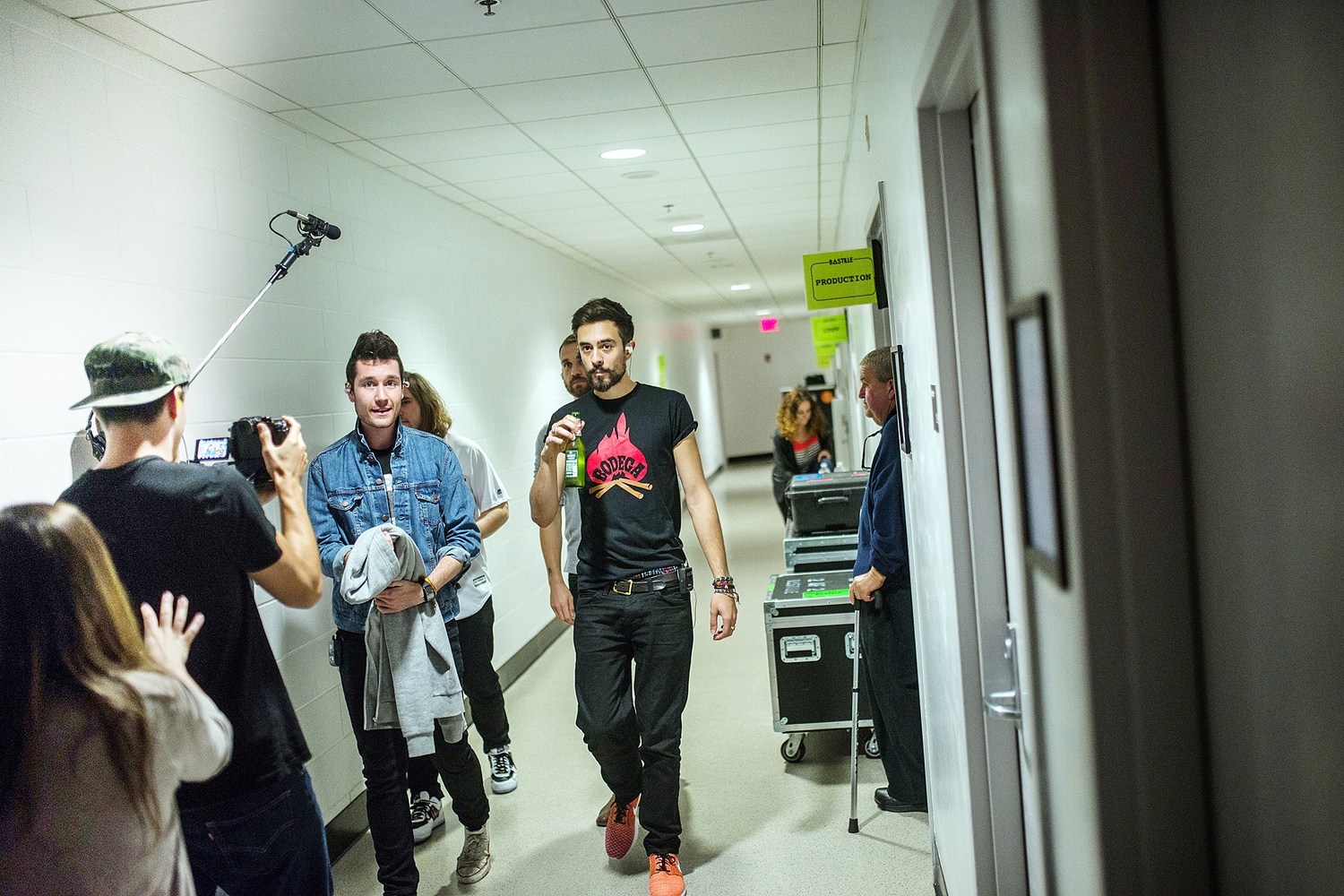
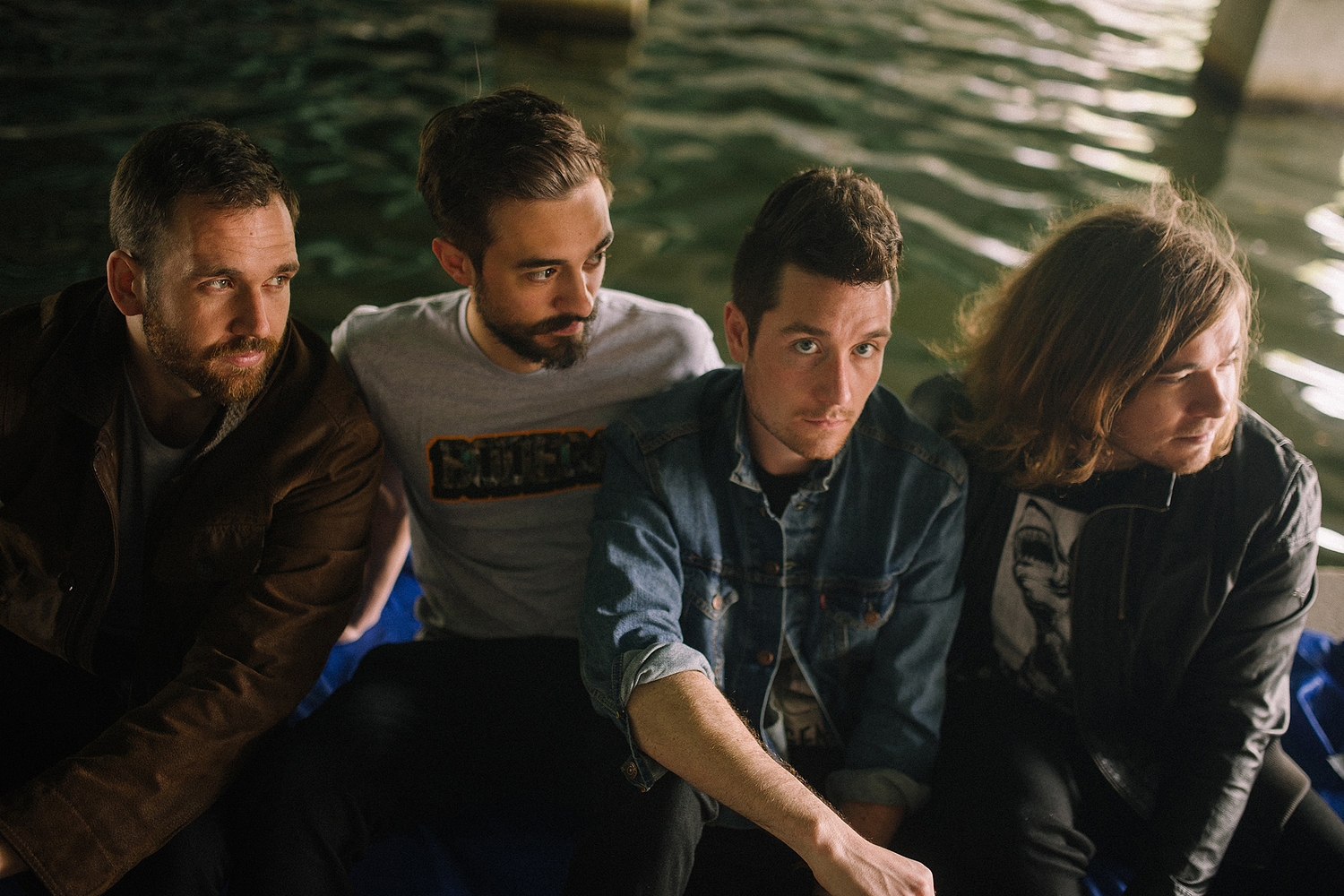
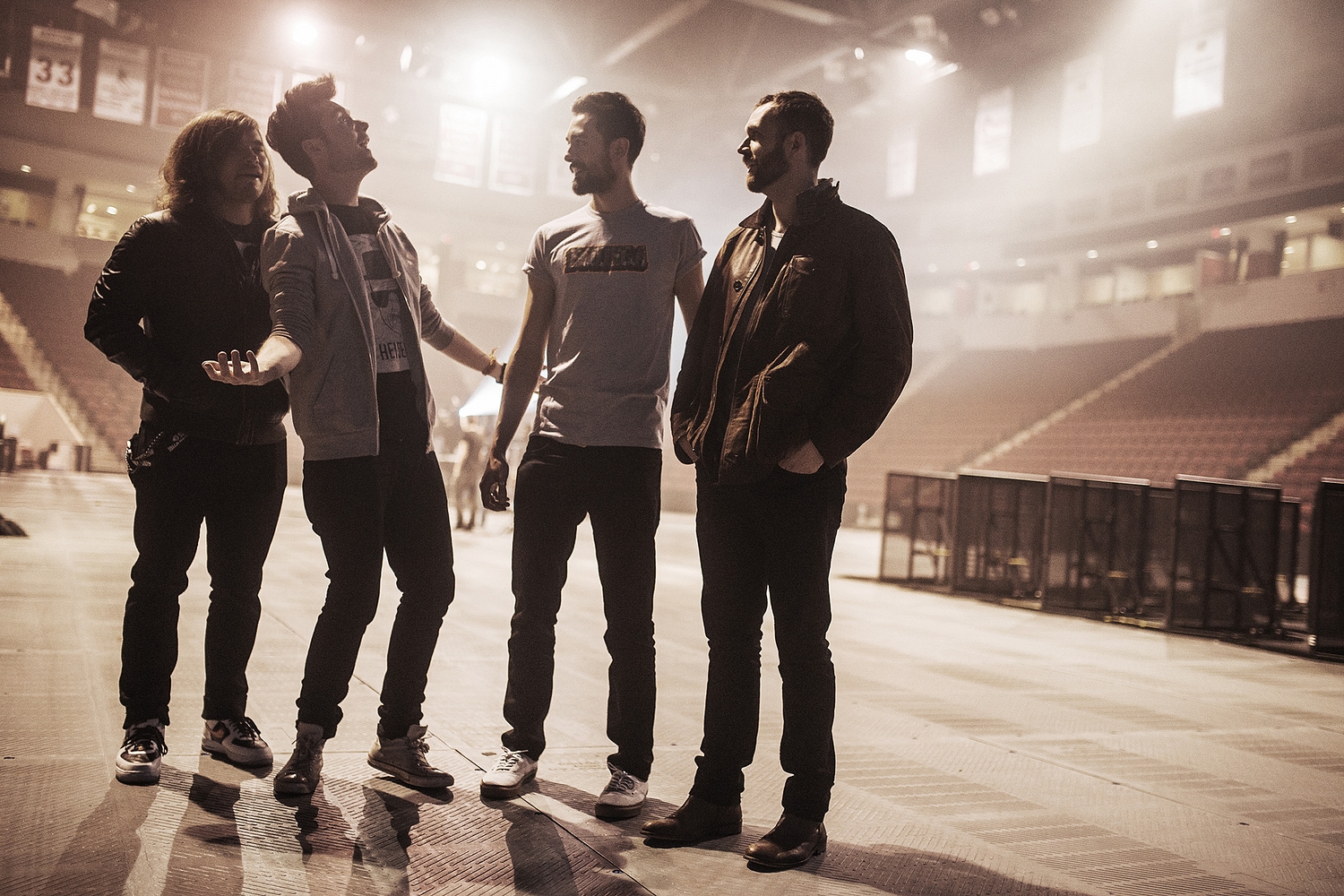
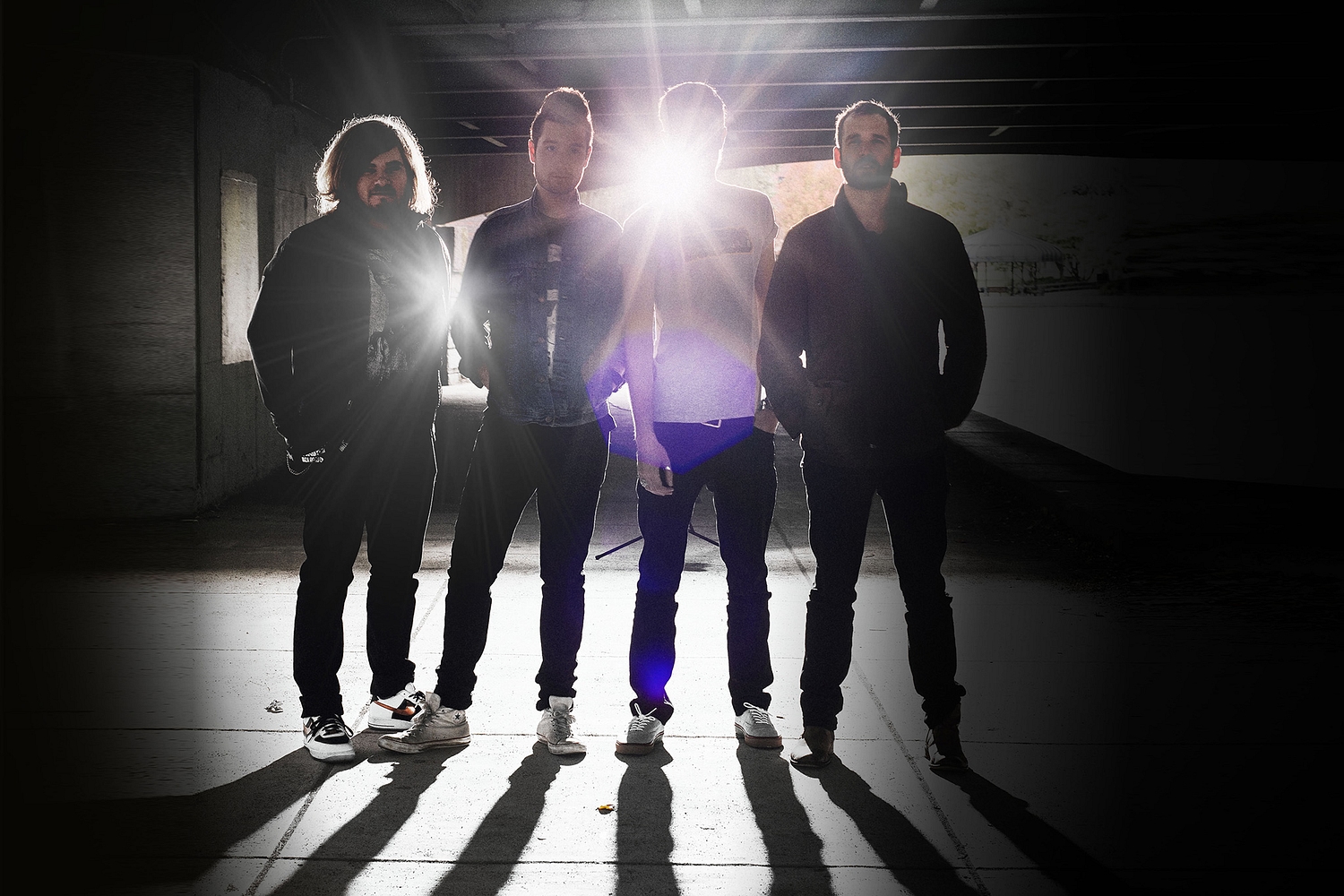
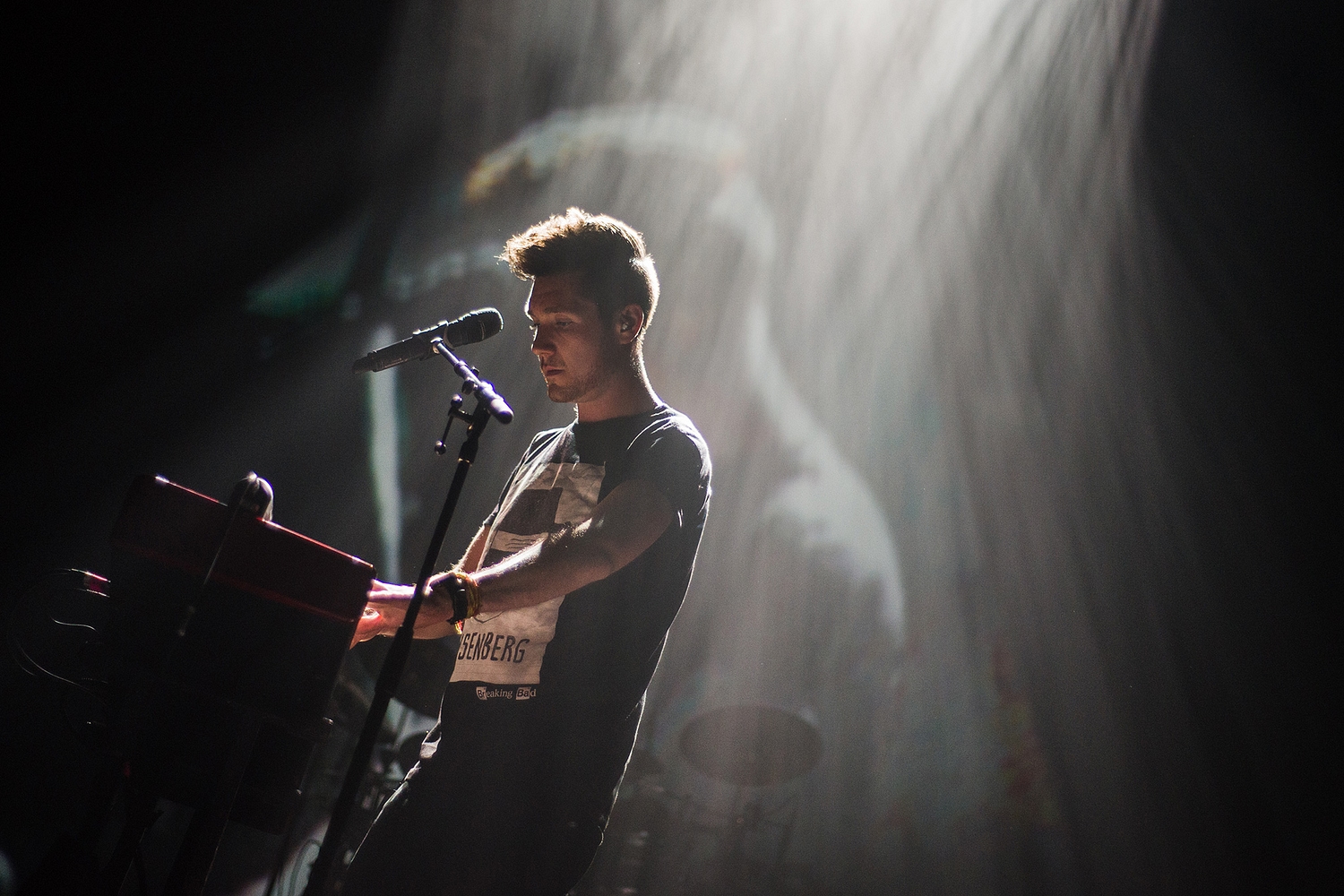
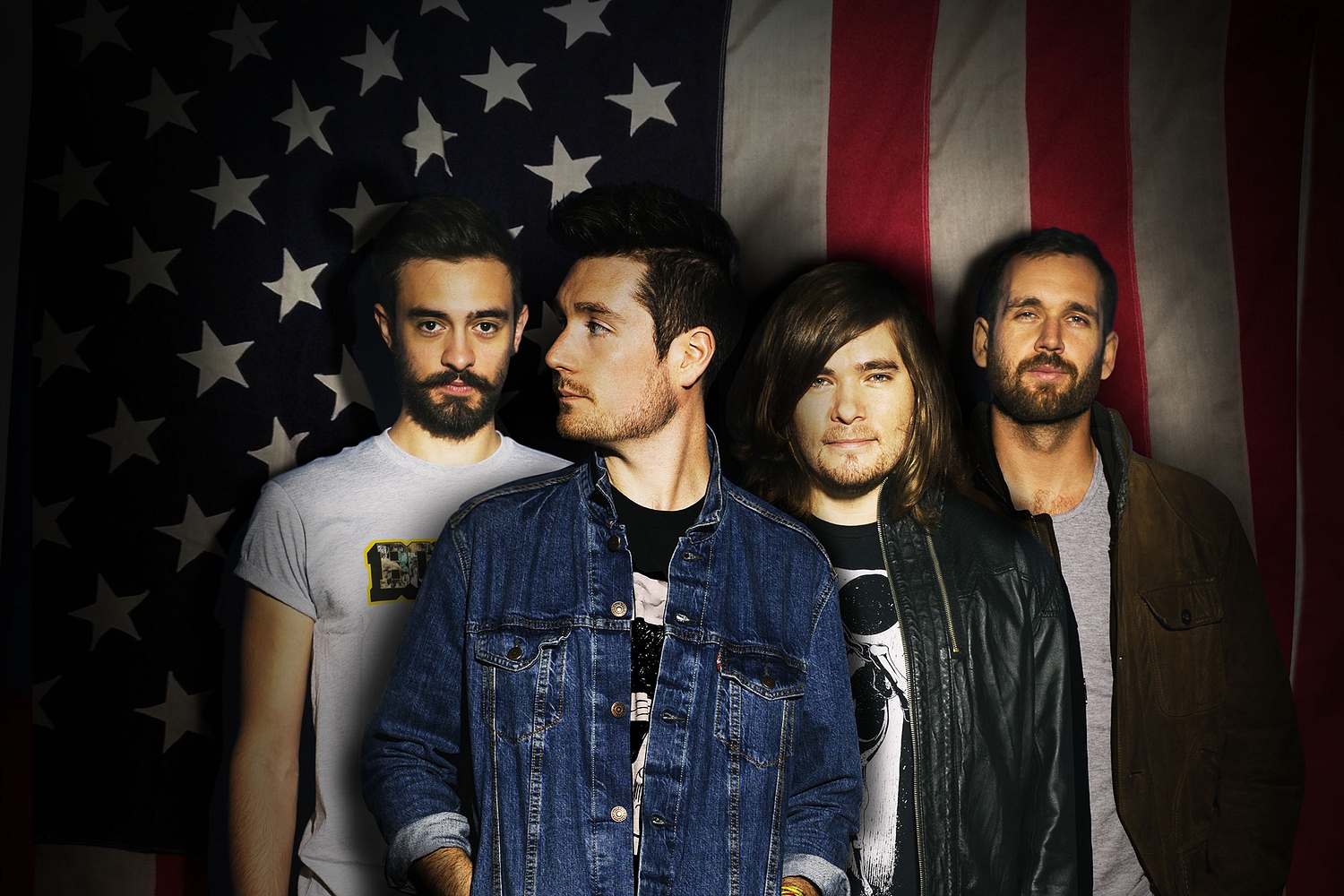
As featured in the November 2014 issue of DIY, out now.
Read More
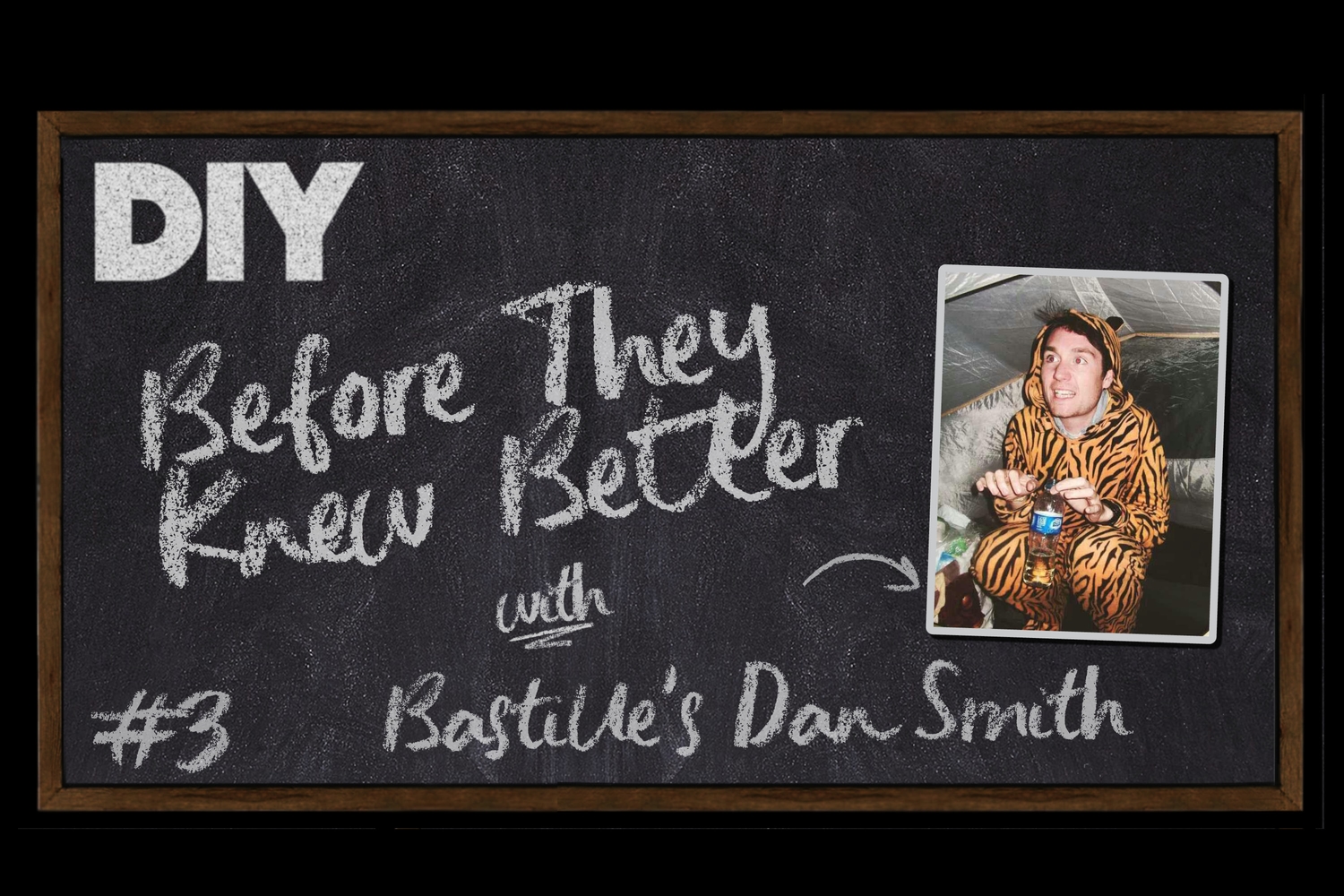
Bastille’s Dan Smith talks David Attenborough, Glasto, and Mr Blobby on Before They Knew Better
On the latest episode of DIY's new podcast, we sit down with chart topping frontman Dan Smith of Bastille.
24th October 2023, 10:20am
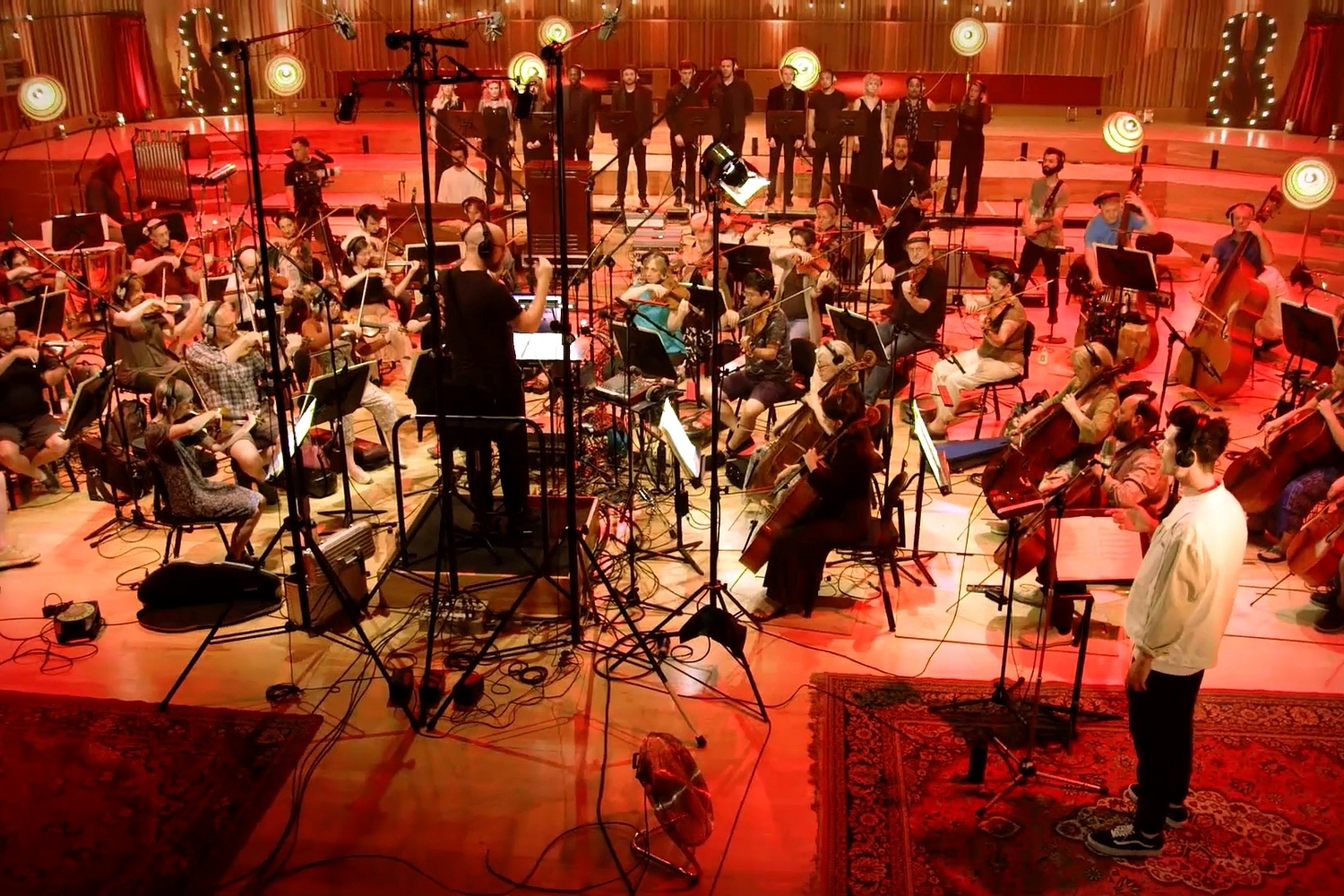
Bastille share official video for Hans Zimmer version of ‘Pompeii’
Their collaboration with the iconic composer is in celebration of the track's tenth anniversary.
22nd September 2023, 11:05am
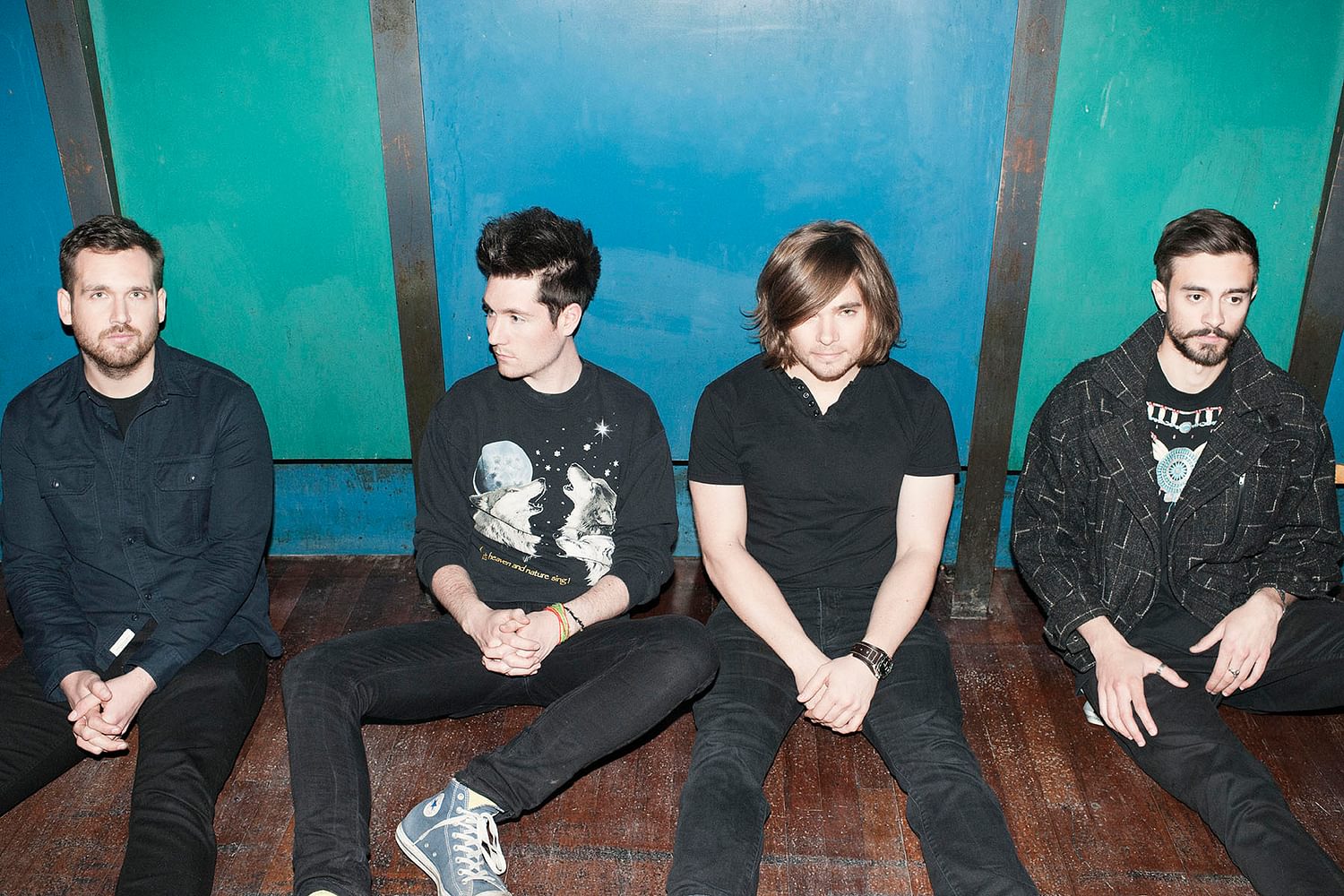
Bastille share fan favourite track ‘No Angels’
The track - which features Ella Eyre - is a mash up of TLC’s ‘No Scrubs’ and The xx’s ‘Angels’.
15th June 2023, 5:25pm

Bastille to release ‘MTV Unplugged’ album for Record Store Day
The set was first broadcast in December 2021.
14th April 2023, 12:00am
